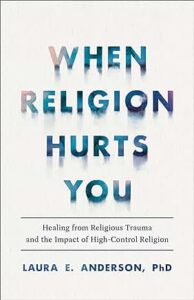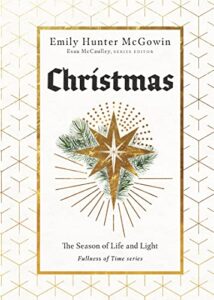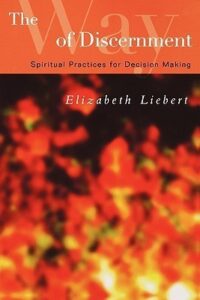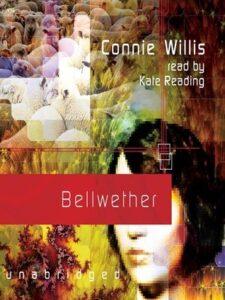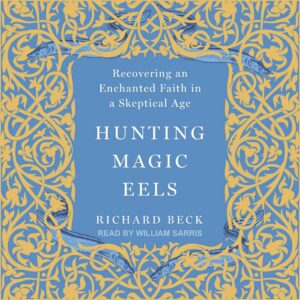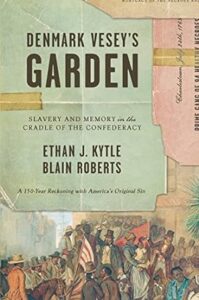 Summary: An exploration of how historical memory has changed over time using Charleston, SC, as an example.
Summary: An exploration of how historical memory has changed over time using Charleston, SC, as an example.
I have been fascinated with the concept of historical memory. I was introduced to the concept earlier, but the first book I read that concentrated on historical memory is Race and Reunion: The Civil War in American Memory by David Blight. Since then, I have read several books that take on more aspects of historical memory, like Myth America and A More Beautiful and Terrible History: The Uses and Misuses of Civil Rights History by Jeanne Theoharis.
Denmark Vesey’s Garden is similar to Race and Reunion. Still, instead of an expansive look at a shorter time (a national look at the 50 years after the Civil War in Race and Reunion), Denmark Vesey’s Garden was a narrow geography but went from the Antebellum era until the 2010s. This means they complement one another well. What I wanted more from Race and Reunion was a more extended period, and Denmark Vesey’s Garden was able to show not just the intentional misremembering of history but also the movement back toward a more accurate memory.
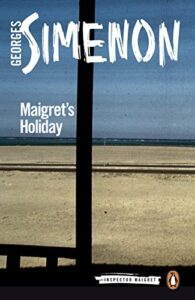
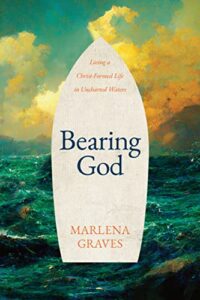
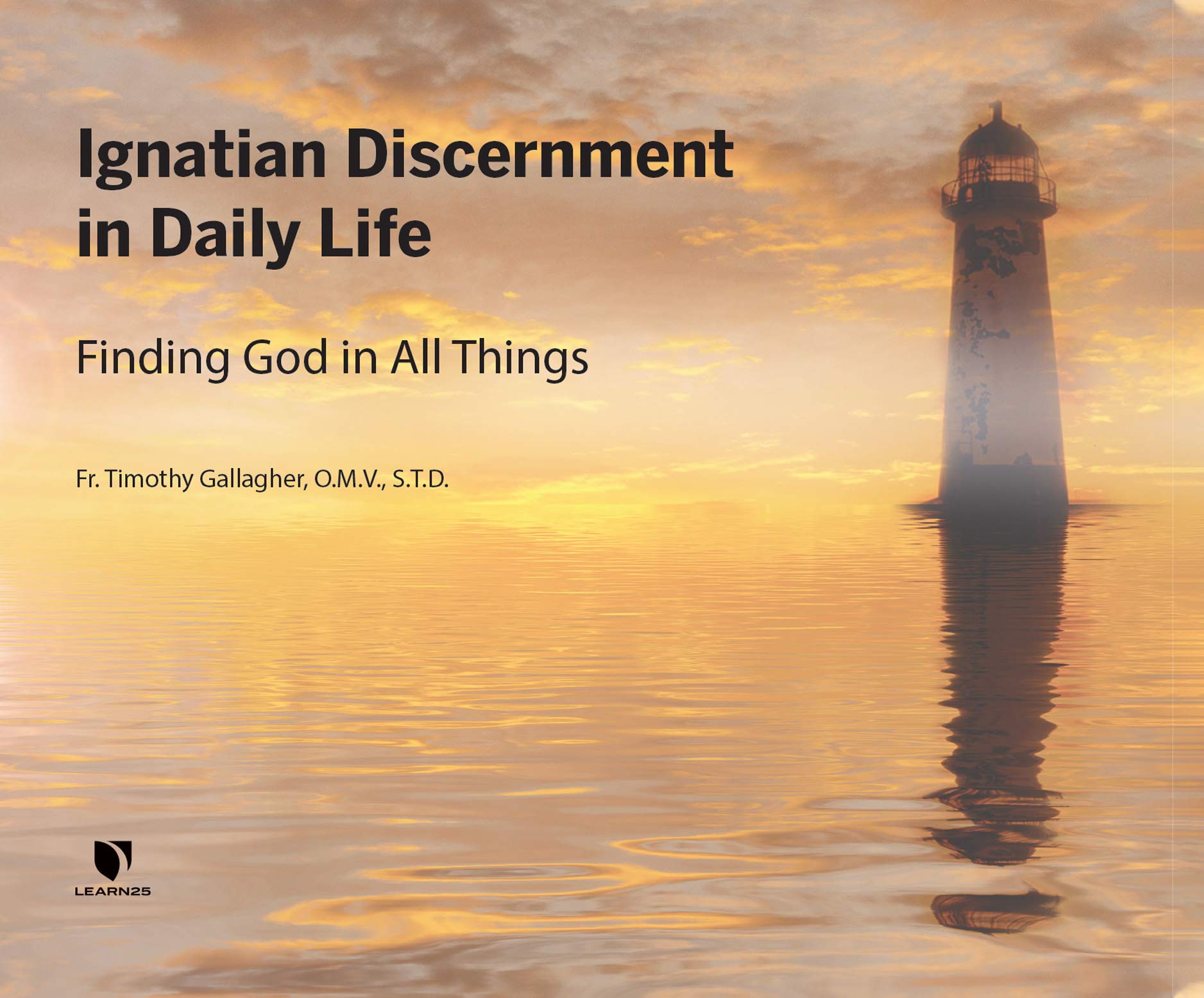 Summary: A series of lectures based on The Discernment of Spirits: An Ignatian Guide for Everyday Living by Timothy Gallagher
Summary: A series of lectures based on The Discernment of Spirits: An Ignatian Guide for Everyday Living by Timothy Gallagher